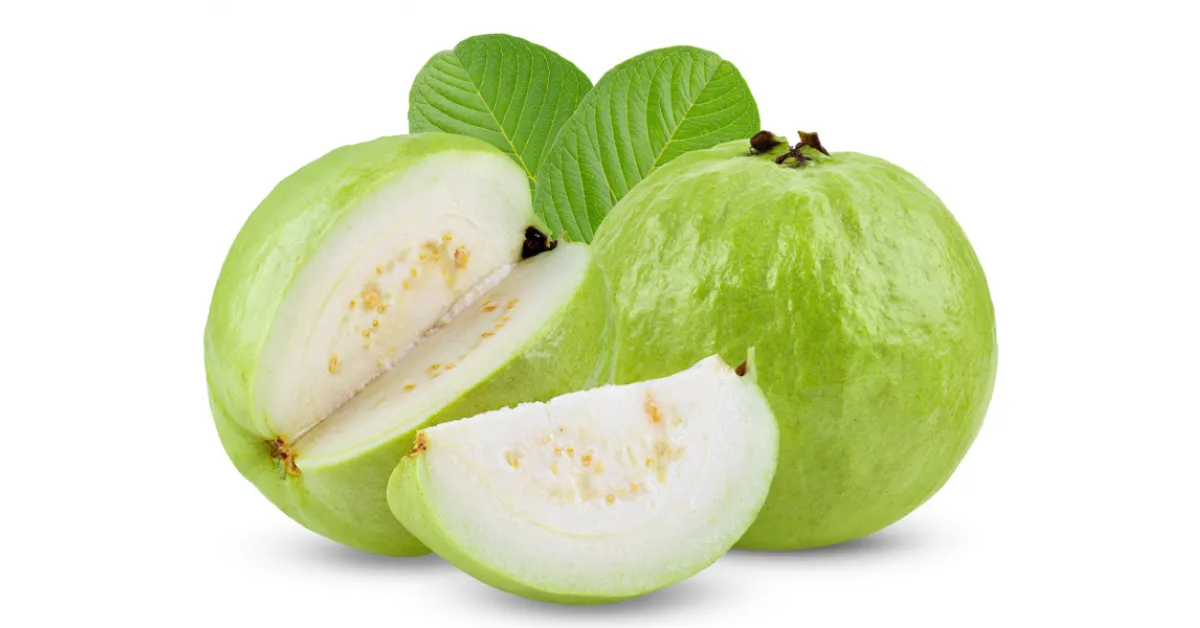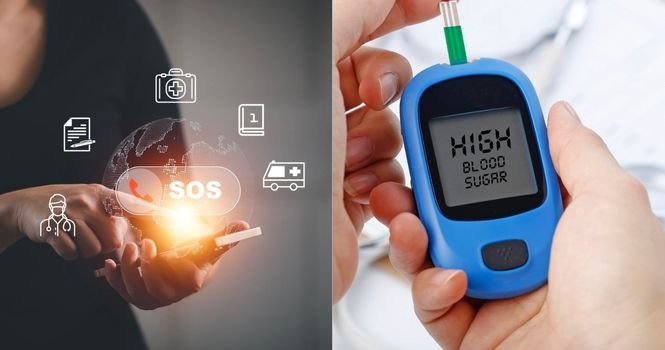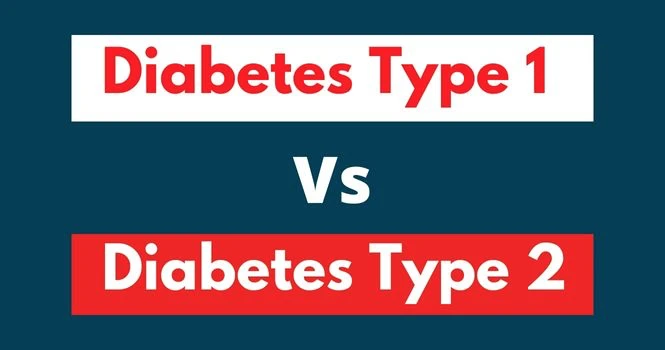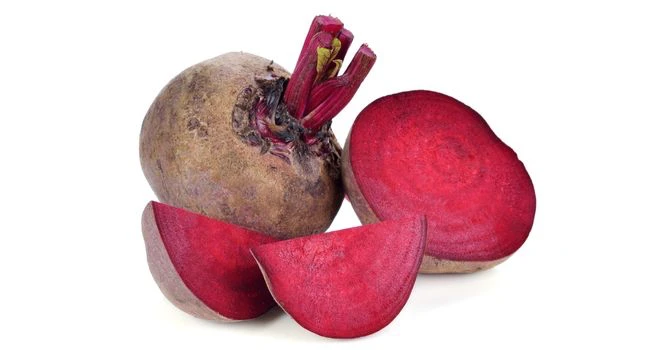Sugar, as we commonly know, is sweet to taste, While artificial sweetener or sugar substitutes, also tastes like sugar , rather it tastes 200 times or more, sweeter.
1 teaspoon of Table Sugar or Sucrose contains 5 g of carbohydrates and has 20 calories.
It’s important to know that, when you are avoiding 20 or 40 calories in your morning coffee or tea, what choices you are making while you eat in a day as all carbohydrates are broken down into sugar and enter your bloodstream.
Sucrose is Glucose + Fructose
Lets understand and go in depth about Artificial Sweeteners or Sugar Substitutes one by one.
Do artificial sweeteners have the same effect as sugar?
They are 200 to 700 times sweeter than sugar. That’s how our brain perceives it. It
Unlike sugars which increase the blood glucose levels, artificial sweeteners don’t and have zero or very less calories, depending on the type and quantity of artificial sweetener consumed.
What are the Types of Artificial Sweeteners
They are broadly divided into Nutritive Sweeteners and Non-Nutritive Sweeteners. Nutritive sweeteners have calories while Non- nutritive has few or Zero Calories.
Non-Nutritive Sweetener
Commonly used Sugar alternatives by diabetic patients are,
- Saccharin (Sweet N Low)
- Sucralose (Splenda),
- Acesulfame potassium (Sweet One), and
- Rebiana (Truvia)
These “artificial” sweeteners can be used in cooking and baking.
Aspartame (NutraSweet) lacks heat stability, so it cannot be used in cooking.
None of these sweeteners raise blood glucose levels.
Nutritive Sweetener
Fructose represents a “natural” sugar substance that is a highly effective sweetener, induces only slight increases in plasma glucose levels, and does not require insulin for its metabolism.
It is Present in
- Fruits
- Honey
- Vegetables
- High fructose corn syrup, used in manufacturing soft drinks
However, because of potential adverse effects of large amounts of fructose on raising serum cholesterol, triglycerides, and LDL cholesterol, it does not have any advantage as a sweetening agent in the diabetic diet.
This does not prevent, however, ingestion of fructose-containing fruits and vegetables or fructose-sweetened foods in moderation.
Another Sugar Substitute is,
Sugar Alcohols
Sugar alcohols, also known as polyols or polyalcohol, are commonly used as sweeteners and bulking agents. They occur naturally in a variety of fruits and vegetables but are also commercially made from sucrose, glucose, and starch.
Examples of Sugar Alcohols are,
- Sorbitol
- Xylitol
- Mannitol
- Lactitol
- Isomalt
- Maltitol
- Hydrogenated starch hydrolysates (HSH).
Sugar alcohols are carbohydrates, but provide fewer calories than sugar.
They are not as easily absorbed as sugar, so they do not raise blood glucose levels as much. Therefore, sugar alcohols are often used in food products that are labeled as “sugar free,” such as chewing gum, lozenges, hard candy, and sugar-free ice cream.
However, if consumed in large quantities, they will raise blood glucose and can cause bloating and diarrhea.
Are Artificial Sweeteners bad for you?
All these are approved by USFDA (US Food and Drug Administration) in the US and by FSSAI (Food Safety and Standards Authority of India)
Concern and doubt arises when we see studies showing it is associated with cancer in rats. The USFDA has given and set guidelines on the maximum quantity to be consumed in a day for them to be safe.
Diabetes patients are better off to stay away from these, if they control their temptation of sugary foods.
Read the latest guidelines from WHO on Artificial Sweeteners.
Let’s see each one in this Artificial Sweeteners List
Saccharin (Sold under brand name Sweet N Low)
- Sweet and Low
- Sweet Twin
- Necta Sweet
It is 200 to 700 times sweeter than table sugar (sucrose), and it does not contain any calories.
Acceptable Daily Intake of Saccharin is 15 milligrams per kilogram body weight per day
Sucralose (Splenda)
Sucralose doesn’t have any calories and is 600 times sweeter than sugar. Acceptable Daily Intake of Sucralose is 5 milligrams per kilogram body weight per day.
Sucralose is a general purpose sweetener that can be found in a variety of foods including
- Baked goods,
- Beverages
- Chewing gum
- Gelatins
- Frozen Dairy Desserts.
It is heat stable, meaning that it stays sweet even when used at high temperatures during baking, making it suitable as a sugar substitute in baked goods.
Acesulfame potassium (Sweet One)
Brand Names are Sunett and Sweet one.
It is 200 times sweeter than sugar . Acceptable Daily Intake of Acesulfame potassium is 15 milligrams per kilogram body weight per day.
Acesulfame potassium is typically used in
- Frozen desserts
- Candies
- Beverages
- Baked goods.
Rebiana (Truvia)
Brand Names are Truvia , PureVia, Enliten
It is 200 to 400 times sweeter than sugar. Acceptable Daily Intake of Rebiana is 5 milligrams per kilogram body weight per day
Stevia is the common name for extracts from the plant Stevia rebaudiana. In the U.S., a purified component form of the plant — called rebaudioside A or Rebiana
Aspartame
Brand names are Nutrasweet, Equal and SugarTwin.
Aspartame (NutraSweet) lacks heat stability, so it cannot be used in cooking.
It is 200 Times sweeter than Sugar. The Food Standards Agency (FSA) suggests an Acceptable Daily Intake (ADI) of 50 milligrams of aspartame per kilogram of body weight per day.
None of these sweeteners raise blood glucose levels.
However, people with a rare hereditary disease known as phenylketonuria (PKU) should avoid Aspartame.
They have a difficult time metabolizing phenylalanine, a component of aspartame. Labels of aspartame-containing foods and beverages must include a statement that informs individuals with PKU, that the product contains phenylalanine.









